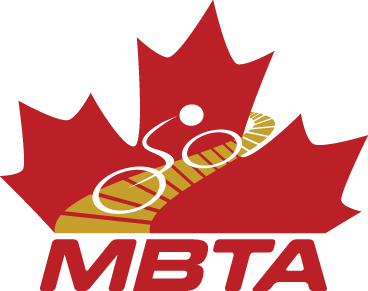Resources
Standards and Policies
Mountain bike trails have undergone a lot of scrutiny over the past few decades. As the number of participants continues to increase there is an important need to demonstrate how mountain bike trails can be designed and built to be both safe and sustainable.
The International Mountain Bicycling Association (IMBA) led the charge for developing trail building and management guidelines with two seminal publications; Trail Solutions (2004) and Managing Mountain Biking (2007).
Whistler developed trail standards in 2003 that include construction guidelines for technical trail features (TTFs). British Columbia is known for being the birth place of freeride mountain biking and the Whistler Trail Standards have provided a benchmark for TTF construction throughout the province.
Recreation Sites and Trails BC is a branch of the Ministry of Forests, Lands and Natural Resource Operations in British Columbia. In March 2006 a working group of key stakeholders and provincial government staff began to develop a policy that would allow for authorized mountain bike trail development on Crown land. In 2013 the policy document was approved; ‘Authorizing Recreational Mountain Bike Trails on Provincial Crown Land’. The document outlined the process for establishing mountain bike trails through application and criteria that is compliant with best practices identified in IMBA’s Trail Solutions and the Whistler Trail Standards.
In September 2021, the Province of British Columbia began a process to develop a new modernized policy framework and trail standards for mountain bike trails on Crown land. The process is currently ongoing involving a pilot project in consultation with key stakeholders.
First Nations consultation is also a critical part of the approval process undertaken by Recreation Sites and Trails BC. Trail builders and mountain bike clubs are encouraged to develop relationships and partnerships with local First Nations before new trails are developed on their traditional territories. Recognizing and respecting the cultural importance of certain areas that may be off limits to trail construction is crucial to long term sustainable trail development. The Aboriginal Youth Mountain Bike Program is a unique program that engages with with First Nations communities about mountain biking and provides opportunities for youth to participate and excel in a sport that connects them to the land and promotes healthy active lifestyles.
Of course not all trails are built on provincial crown land. It is imperative that trail builders seek proper permission from whomever the land owner or land manager is. In British Columbia, land owners are protected by the Occupiers Liability Act. The act was amended in 1998 to limit the duty of care owed by landowners to the uninvited public, including cyclists, using their land. Landowners allowing free access to cyclists are protected by the Act against claims in negligence brought by cyclists injured on their lands.
There are many other information sources for trail building as well as a growing field of professional trail builders and designers that espouse sustainable trail building methods. For information on trail building clinics or professional trail builders in BC, please contact us at info@mbta.ca.
